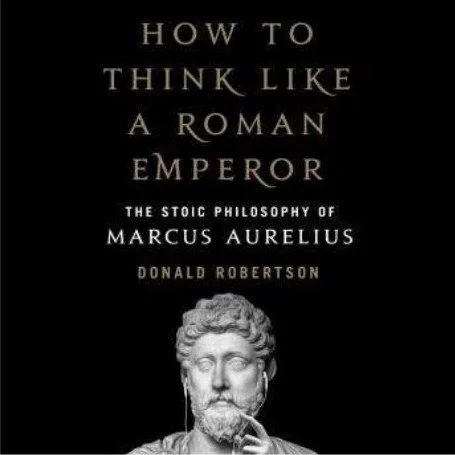LORENDA RAMOU
/Pianist, Musicologist & Concert Curator for Contemporary Music · Onassis Cultural Centre, Athens
As a child, music felt very natural for me. I didn’t feel I needed to put any effort into learning the piano. I wanted to find all the musical information that was there. What was the purpose of studying the piano? Suddenly the whole thing became so creative. I felt that the sound is something malleable and you can have an infinite number of possibilities and ways of phrasing and expressing, so that opened a whole new area of possibilities and I found this just fascinating.



